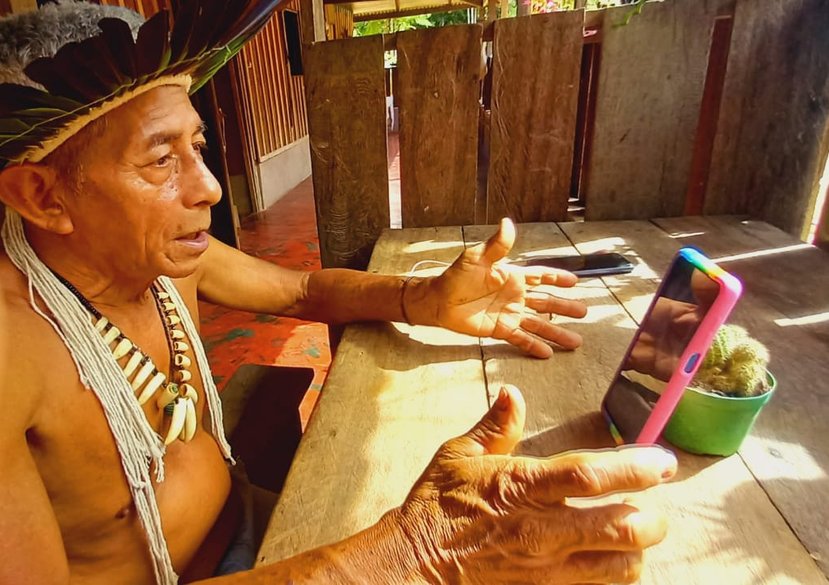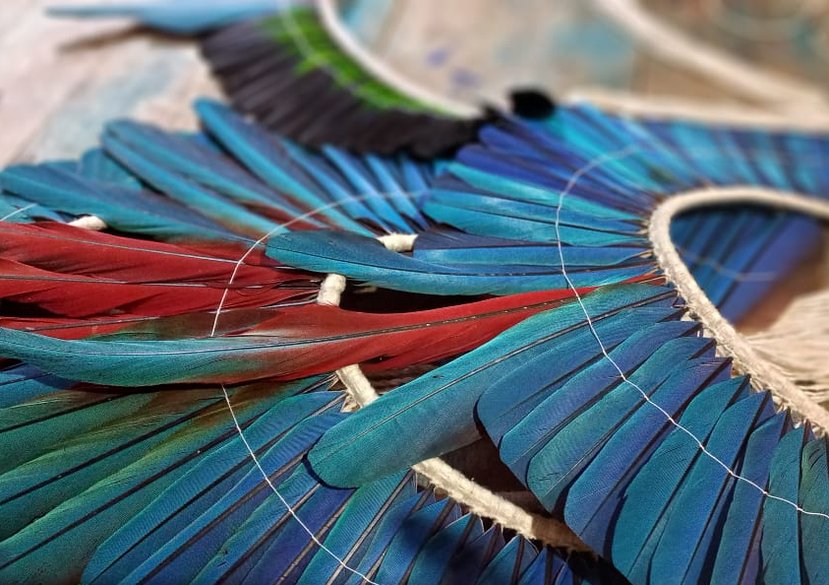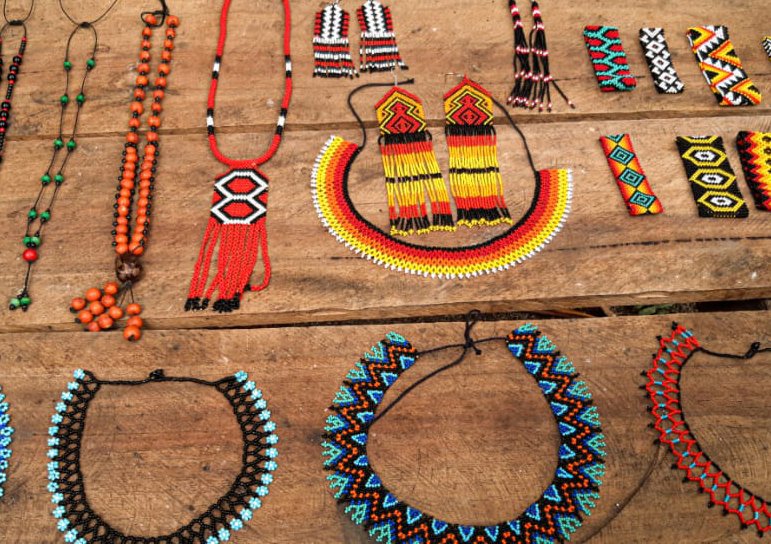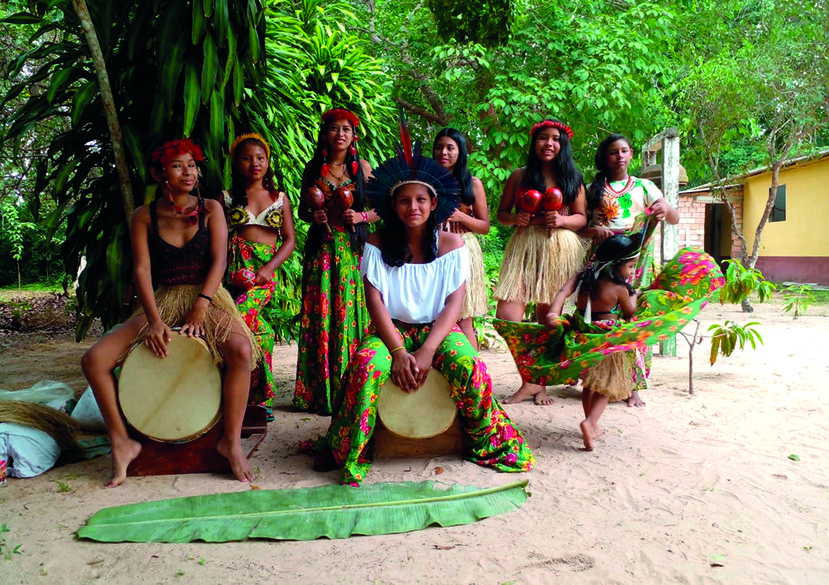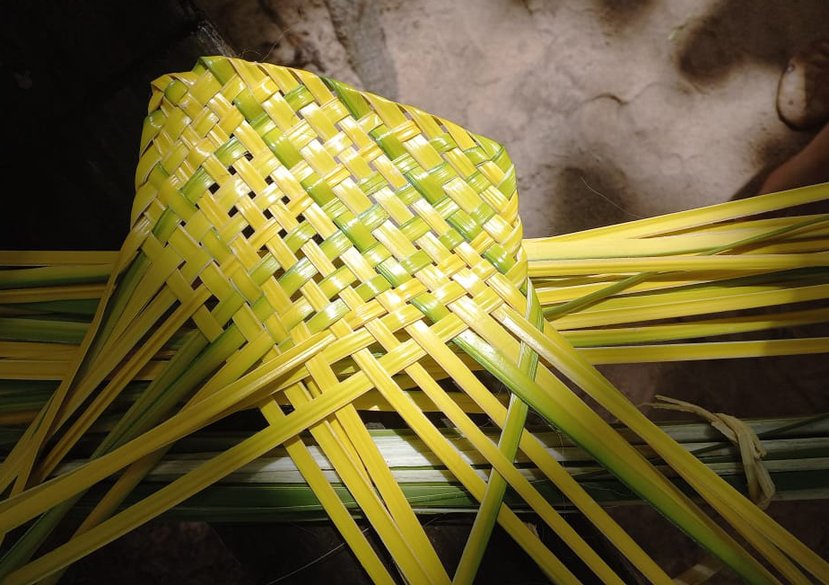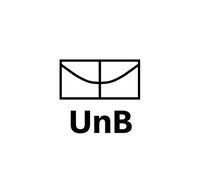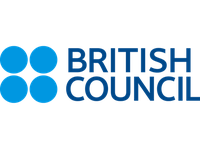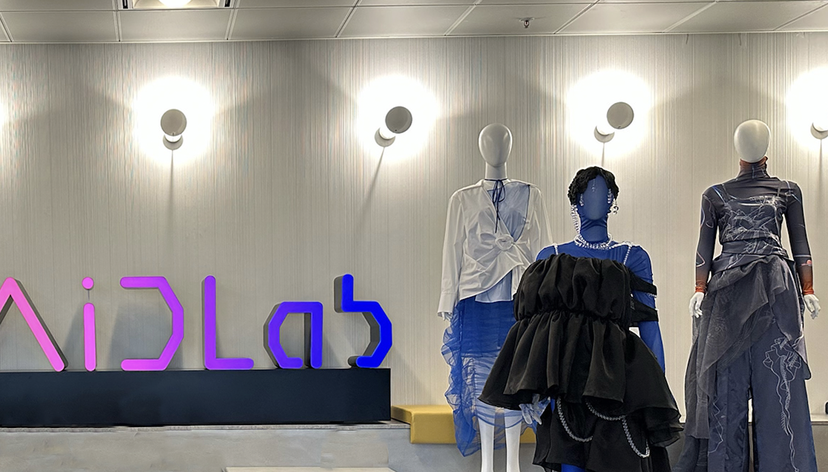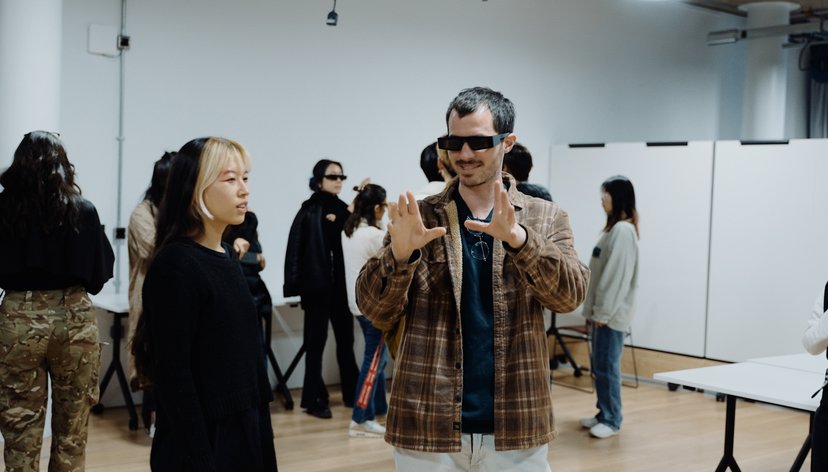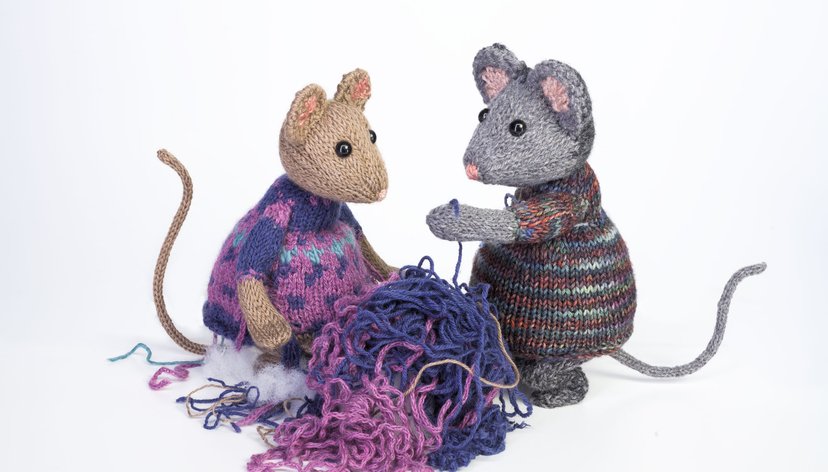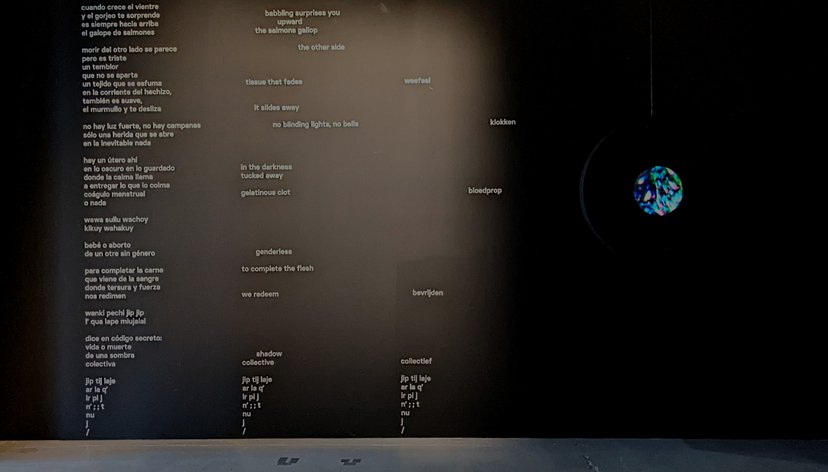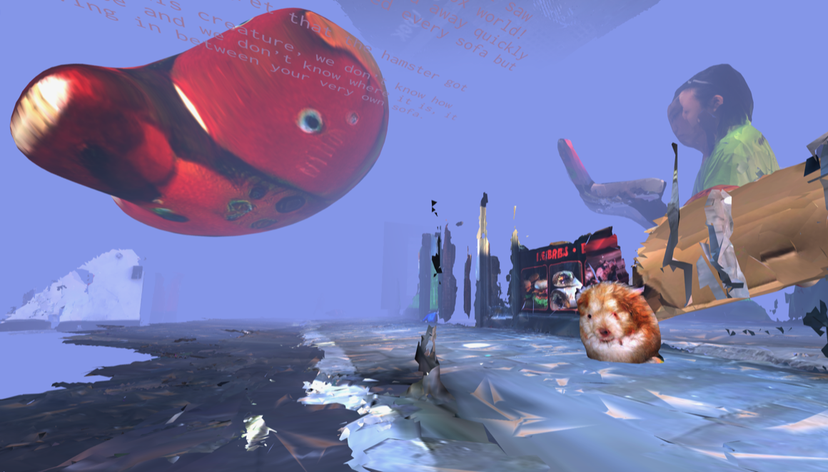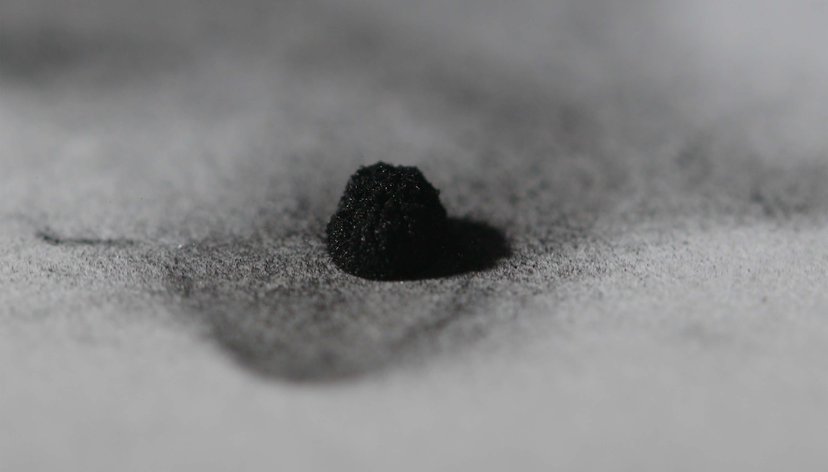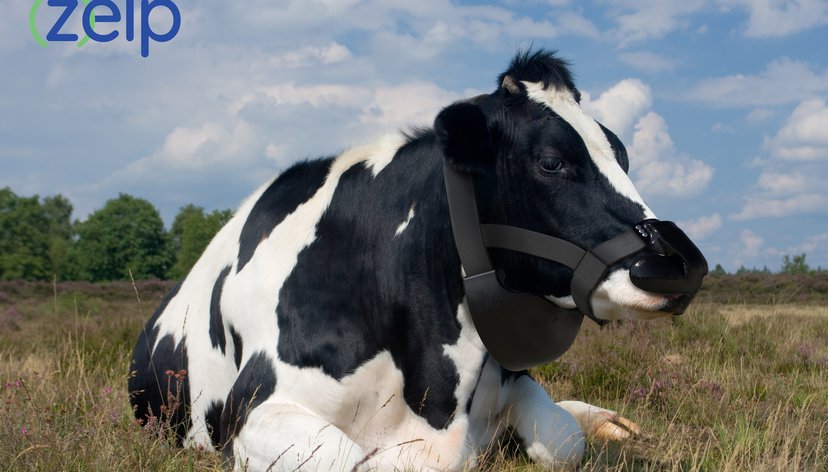
Building a Library for the Future: Munduruku Craft Practices and Indigenous Knowledge builds upon the words of [Chief] Cacique Domingos Munduruku, who reasoned ‘…education, culture and health will only be possible for us Munduruku through a well-structured communication project’.
At a glance
- A two-year collaboration between the School of Communication, Royal College of Art and School of Communication, University of Brasília and members of the Bragança village, along the lower Tapajós River in Pará - a tributary of the Amazon.
- The pilot project centres around the use of technology as a tool for fostering shared learning processes and aims to disseminate Indigenous knowledge emerging out of Munduruku’s craft and cultural practices through visual, auditory, and oral modes.
- A three-phased research-focussed approach involving online conversations, digital participatory workshops, digital craft forums, in addition to collecting original, craft oral histories, storytelling podcasts, photographs, and videos.
- As an ethical and applied communication project, researchers developed and delivered with the community [Bragança, Brazil] a virtual library of Munduruku Indigenous craft knowledge and practices; and, an evaluative project report for funders which provides new insights into digital storytelling practices.
Key details
Gallery
More information
Partners
‘Building a Library for the Future: Munduruku Craft Practices and Indigenous Knowledge’ is an international collaboration between researchers at the Royal College of Art, University of Brasília, and members of the Bragança village, who live along the lower Tapajós River in Pará, Amazon. The project builds upon the words of [Chief] Cacique Domingos Munduruku, who reasoned ‘...education, culture and health will only be possible for us Munduruku through a well-structured communication project’. As an ethical and applied communication project, researchers developed and delivered with the Indigenous community a virtual library of Munduruku craft knowledge and practices.
The challenge
‘Building a Library for the Future: Munduruku Craft Practices and Indigenous Knowledge’ aimed to critically engage with the overarching research question: In what ways might co-identified and cooperative communication practices and digital inclusion methods foster new ways of shared learning that would build upon and ‘rediscover’ Munduruku local craft traditions and Indigenous knowledge?
An ongoing dialogue between academic researchers and villagers about craft and local cultural practices led to detailed documentation of cooperative ways of ‘doing’ and ultimately, fostering other ‘ways of knowing’. The research was undertaken during the pandemic in the UK and Brazil. Platforms such as WhatsApp and Google Meet were crucial to ensure active engagement in long-distance conversations between the partners and their co-researchers.
A questioning and review of established and ‘colonised’ models of design and ethnographic research is still of fundamental concern. As a result, the project highlighted a need for acknowledging nuanced cross-cultural and ethical dealing intrinsically related to improving Western-centric research methods and methodologies.
The importance of Munduruku Indigenous knowledge systems through the sharing of craft objects, processes and craft maker’s stories, their place in design and craft history became evident at the end of the process. One outcome of this project has been the building of a rich virtual repository of crafts and maker’s stories as told through mobile phone audio and video recordings and photographs produced by the villagers.
This research was made possible by an award from the Crafting Futures Digital Collaboration Grants, British Council (2021–22). Additional in-kind and financial support were provided by the School of Communication, Royal College of Art and the Universidade de Brasília.
Our approach
‘Building a Library for the Future: Munduruku Craft Practices and Indigenous Knowledge’ aimed to evaluate the process of Indigenous education, focusing on the use of digital technological devices such as mobile phones, pads and computers, in remote areas of the Amazon.
The project opened-up spaces for intercultural conversation by exploring Indigenous knowledge systems and traditional craft processes, and participatory communication design practices.
Through a series of online forums, workshops and conversations the project engaged with members of the village as co-researchers including teachers, students and craft-makers.
The development of the pedagogical use of technology achieves the main objective of this project by implementing an Indigenous virtual library. This repository of craft productions of the Munduruku de Bragança contributes to the real growth of this community, providing opportunities for them to be known, in addition to the exchange of knowledge between them and also with different ethnic groups.
The pilot project set out to create a crafts-focussed digital virtual library and repository, based on a sustainable process for the utilisation of learning technologies. This work is ongoing as the site will require updating and reviewing as new material is generated and new stories are shared.
Activities
‘Building a Library for the Future: Munduruku Craft Practices and Indigenous Knowledge’ consisted of five key phases, plus an initial scoping phase:
Phase 0 consisted of partner meetings and the scoping of literature, ethics processes and liaison with the village teachers and chief.
Phase 1 (November – December 2021) consisted of partner forum meetings and three storytelling craft forums with co-researchers from the village.
Phase 2 (January – April 2022) led with a Website Forum to advance discussions on the selection and representation of crafts and craft maker’s stories. A fourth Story Telling Forum took place focussing on music making activities in English/Portuguese and Munduruku.
Phase 3 (April 2022) focussed on the development and delivery of the Partner Evaluation Forum.
Phase 4 (May – August 2022) was a post-award period with the launch of the Website and project presentation.
Phase 5 (September – December 2022) focussed on dissemination activities.
Outputs
Website: One of the main outcomes of this project is the repository/library which is set up as an ongoing repository for the collection and presentation of crafts and the maker’s stories: ‘Munduruku Crafts and Stories Ti Bragança – Marituba, Pará’.
Project Report: Teal Triggs, Celia Matsunaga, Matt Lewis (2022) Building a Library for the Future: Munduruku Craft Practices and Indigenous Knowledge, Final Report. London: Royal College of Art.
Group Exhibition: ‘Building a Library for the Future: Munduruku Craft Practices and Indigenous Knowledge’ was included in: ‘Gaining Ground’ (13 April – 25 June 2022), a group exhibition held at the Crafts Council Gallery, London, which drew on the British Council’s Crafting Futures programme featuring work by artisans and researchers globally. The exhibition aimed to ‘explore craft as a form of living knowledge that shapes global cultures and our relationship to nature.’
Gallery Talk: Crafts Council: Care, Craft and Ethics: Gaining Ground Closing Party/ Making Futures Launch (23 June 2022) ‘Conversation: Building a Library for the Future: Teal Triggs in conversation with Celia Matsunaga, Matt Lewis and Cacique Domingos’.
Presentation: Teal Triggs, Celia Matsunaga and Matt Lewis (2022) ‘Digital Agency: Critical Ethics for Communicating Indigenous Craft PracticesDesign’ for the series History Society Dialogues: Representing Craft/Crafting Representation (17–31 March 2022); Presentation held Thursday 3 February 2022.
